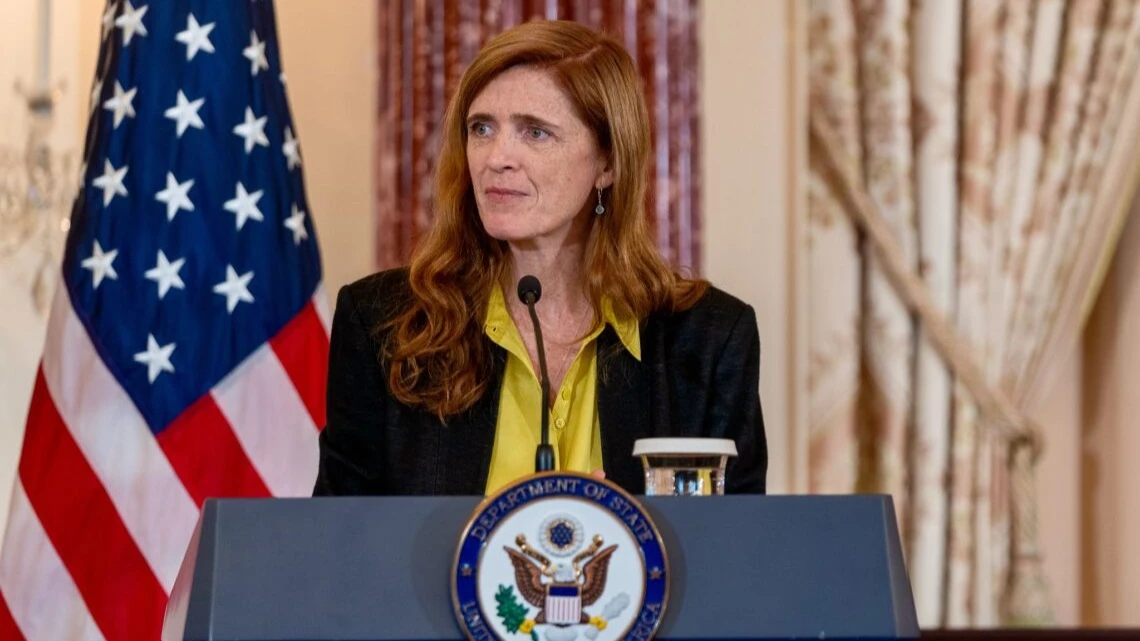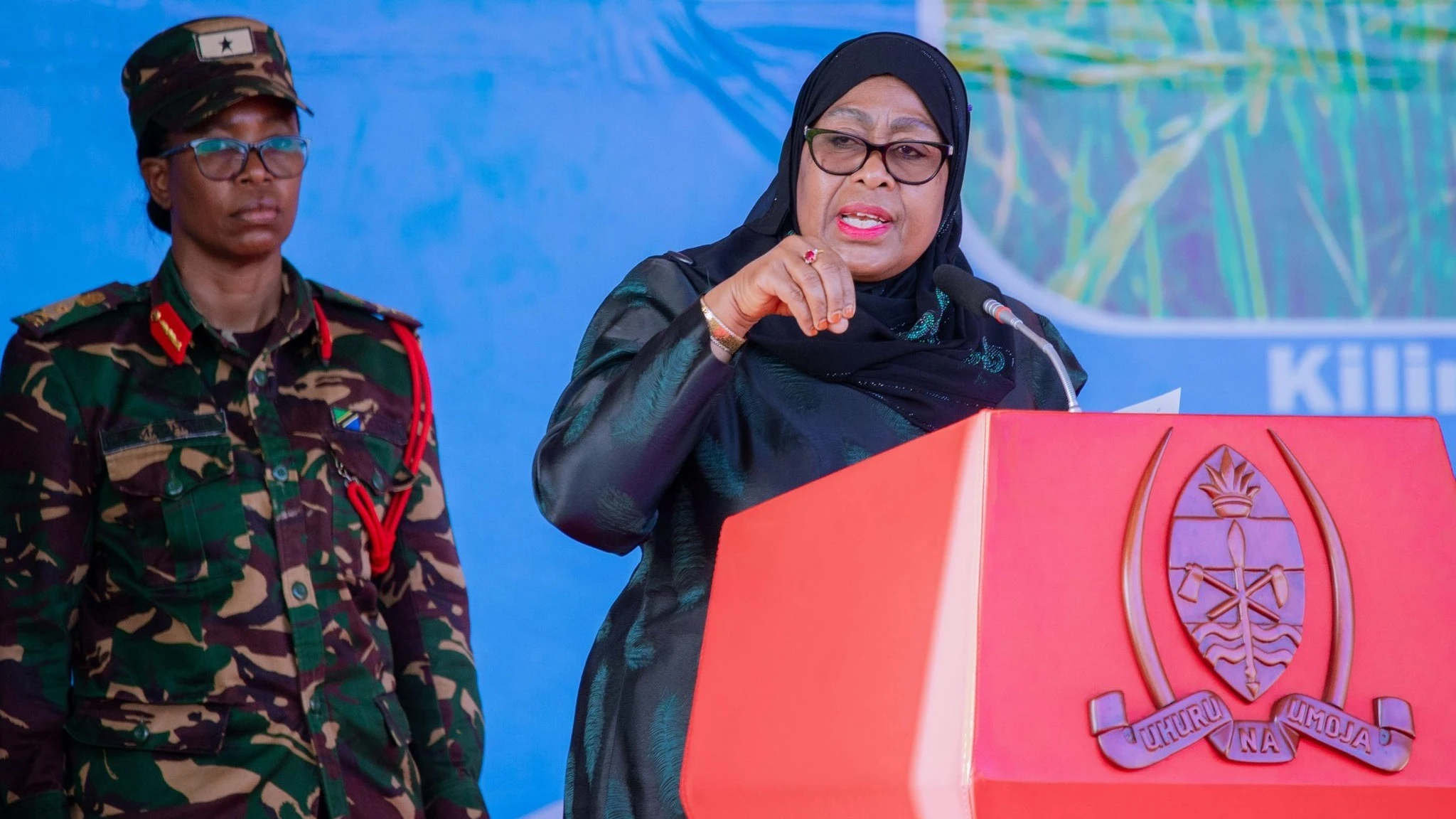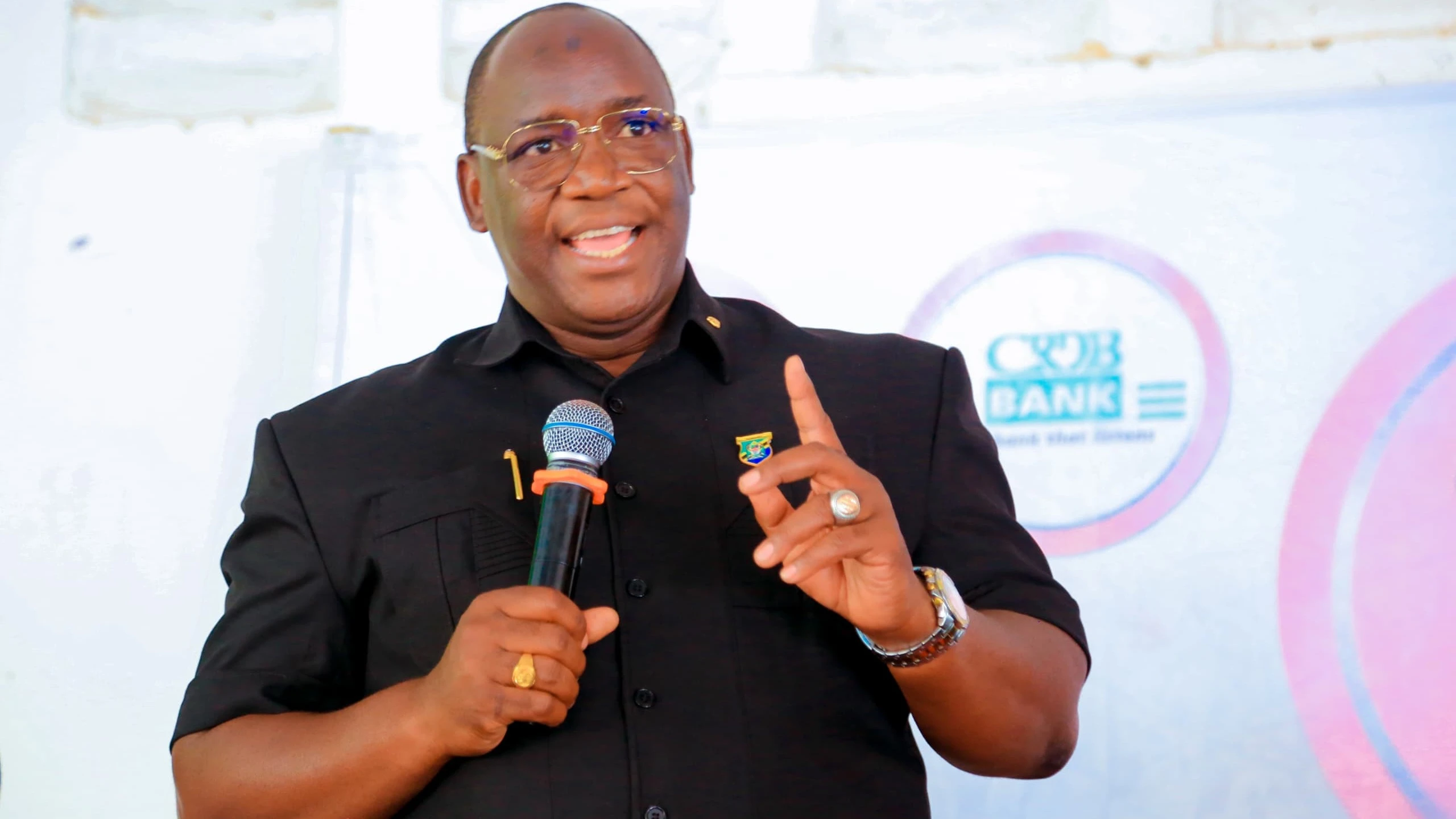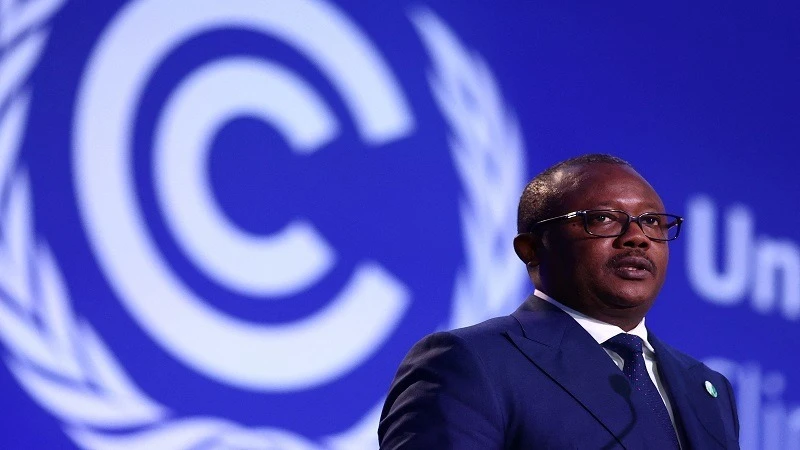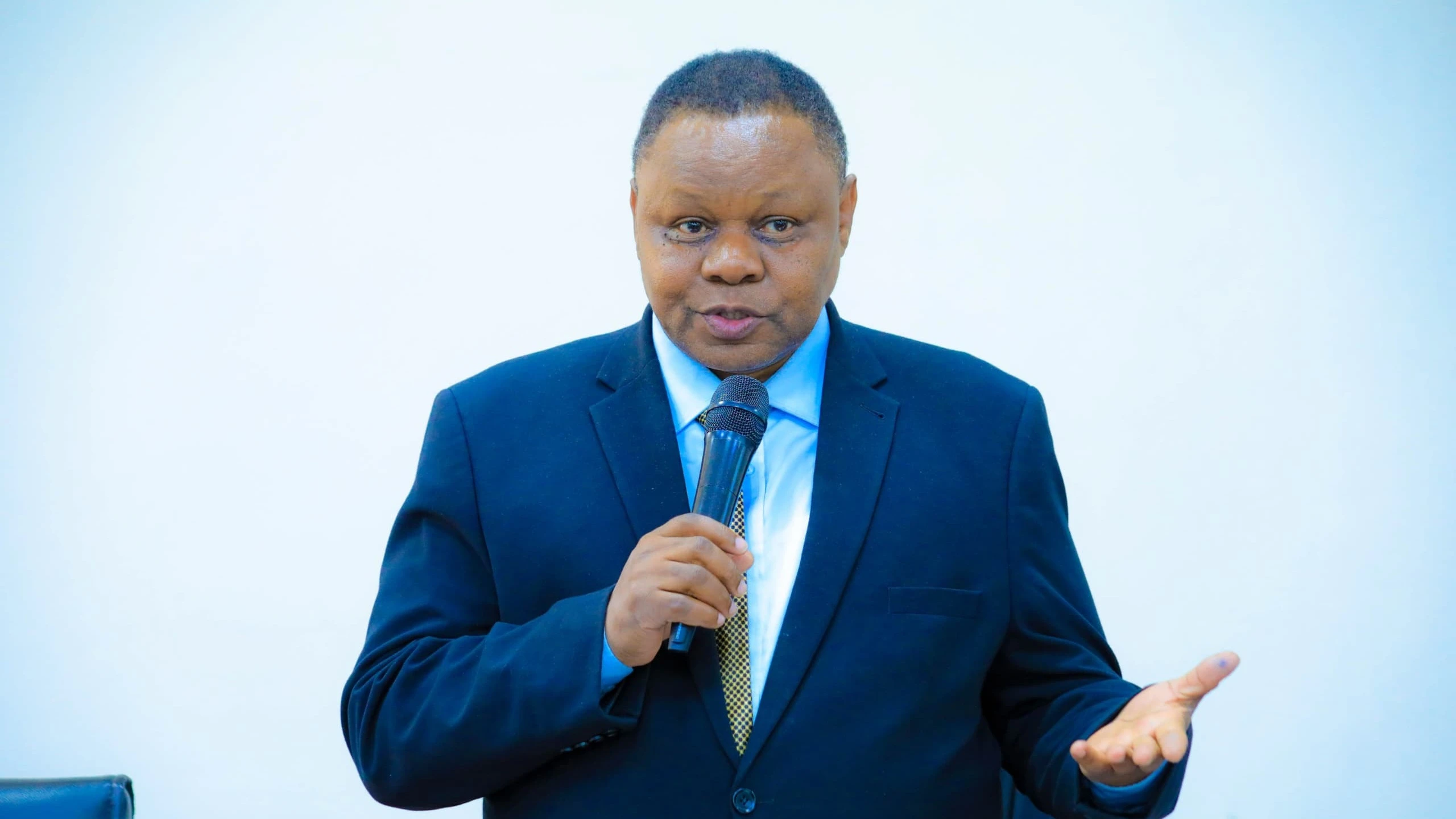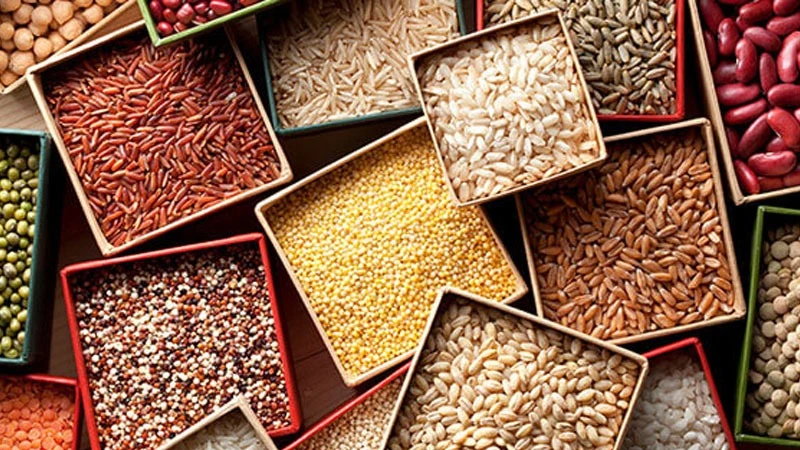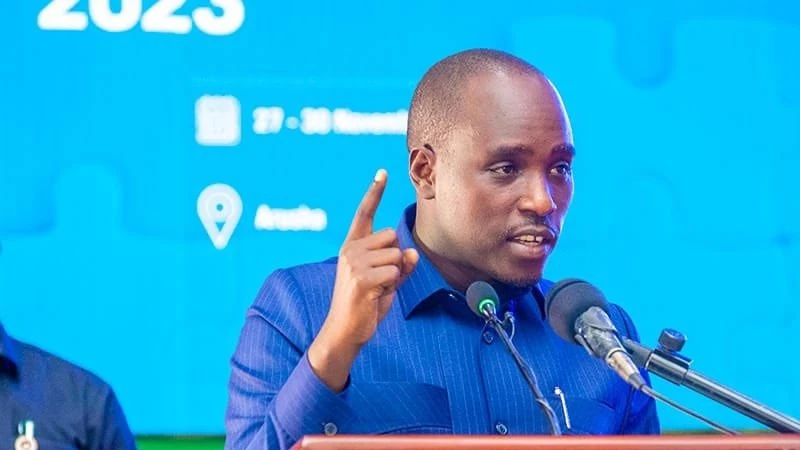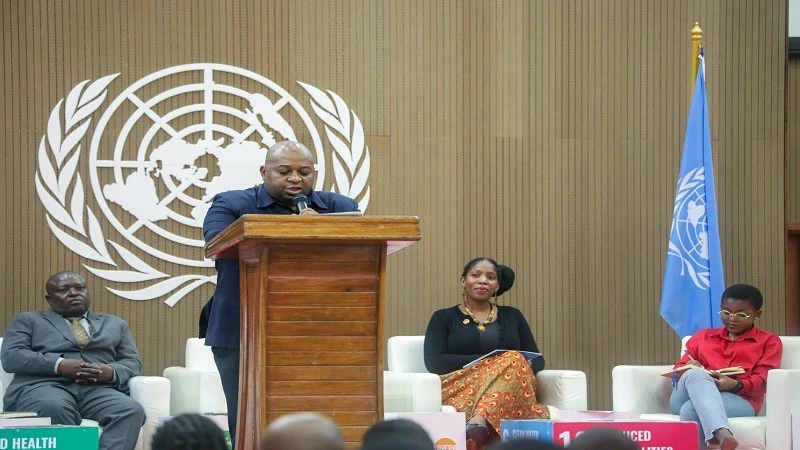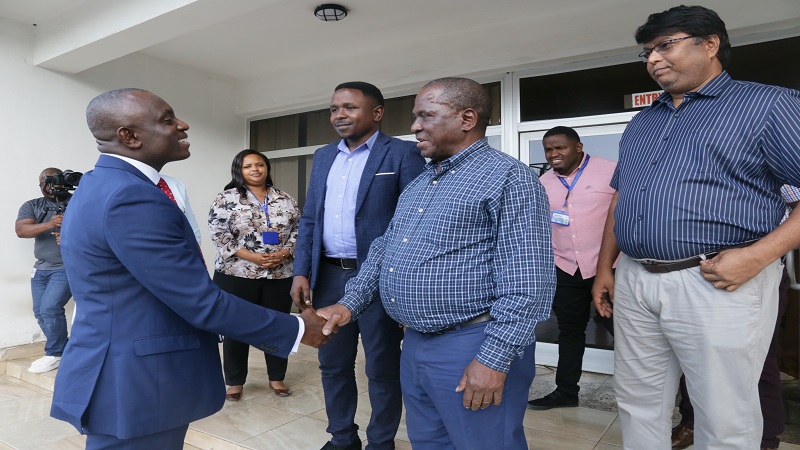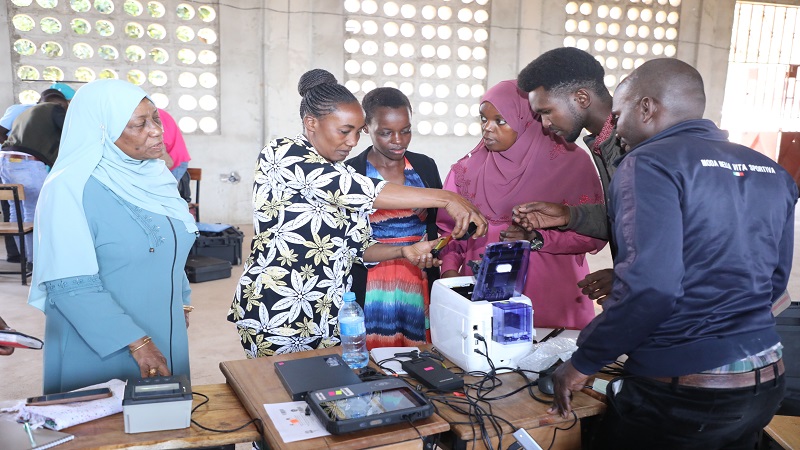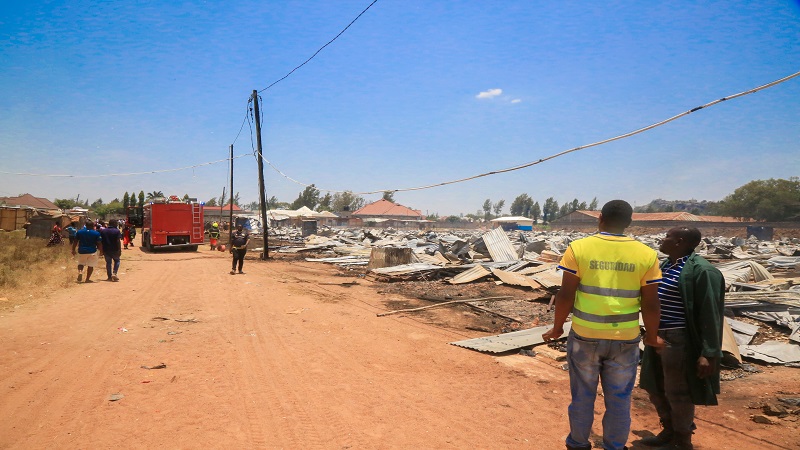US slates $44.1m for democracy oversight
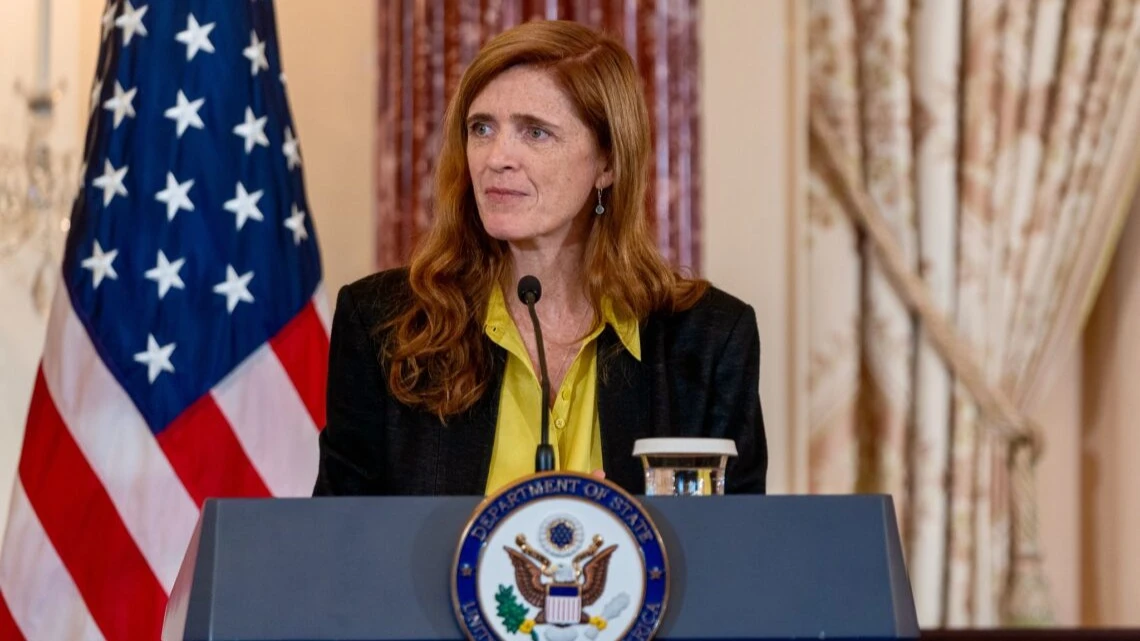
We will continue to stand for every citizen’s right to speak freely and choose the future that they want for themselves and their country
By Guardian Reporter TANZANIA will receive upwards of $4.1m where $3.5m in new support for democracy and good governance, where a $2.4m component to engage citizens in advocacy and oversight on good public governance.
The US Embassy in Dar es Salaam said in a statement that Samantha Power, administrator of the US Agency for International Development (USAID), announced the new commitments on the sidelines of the UN General Assembly.
She said the United States and various partners are seeking to increase support for democratic progress in Tanzania, among other select countries, thus designing the “Democracy Delivers” project. It will be carried out in partnership with the Ford Foundation, she said at a meeting convening top government officials, philanthropic partners and civil society organisations, the statement noted.
This funding will develop the capacity of citizen groups to access, analyse and communicate public financial reporting tools, building collaborative relationships between citizens, civil society, the private sector and public institutions.
This is meant to improve government effectiveness and reduce risks for corruption, while $1.1m will be used to provide civic education, enhance local and national election observation, while supporting activities of civil society organizations in upcoming elections in Tanzania, the State Department administrator affirmed.
Prime Minister Kassim Majaliwa joined the event alongside officials and Heads of State from countries working to deliver democratic change, listed as Armenia, Dominica, Ecuador, Fiji, Guatemala, Malawi, the Maldives, Moldova, Nepal, Tanzania and Zambia. Highlighting additional support and celebrating successes registered by these countries, the meeting also served as a reminder of the need for partnership for continued progress and reform, it stated.
“As Tanzania approaches local elections later this year and national elections next year, we are here to support Tanzanians to stay the democratic course. We will continue to stand for every citizen’s right to speak freely and choose the future that they want for themselves and their country,” she declared.
“As partners, the U.S. government recognizes that democratic journeys are never linear,” she said, asserting that this is why it is committed to supporting Tanzania and other ‘democracy delivers’ project countries to undertake and sustain democratic reforms.
By prioritizing responsiveness to citizen needs and enhancing transparency and accountability, these commitments will strengthen government reform efforts and facilitate improvements in public services, she added.
“If these gaps are not filled, we risk seeing a significant increase in malaria deaths,” he said, pointing at the need for a successful Global Fund replenishment in 2025, along with prioritisation of malaria financing within global fund programmes.
This would avoid even bigger malaria up[1]surges, he said, underlining the need for a multi-sectoral approach, covering agriculture, environment, mining and tourism, for successful malaria elimination, pandemic preparedness and response.
The meeting raised the need to secure $6.3bn annually to achieve malaria elimination, accelerated action, involving increasing domestic resource commitments, finding partners and integrating malaria efforts with broader initiatives.
Abderaman Koulamallah, the Chadian state minister for Foreign Affairs and African Integration, appealed for taking measures encompassing programmes for combating climate change, strengthening health systems, expanding primary health care and enhancing pandemic preparedness
The leaders highlighted the importance of embracing innovative financing mechanisms, including tapping into the private sector and enhancing public-private partnerships. The launch of multisectoral, high[1]level councils for ‘national end malaria’ and neglected tropical diseases along with the relevant funding units enabled mobilising over $72m within the continent
The local private sector was keenly in[1]volved in these councils via national and community advocacy campaigns, keeping malaria and NTDs at the forefront of national development and financing agenda, he stated.
Participating UN agencies and other partners urged AU member states to prioritise health, with malaria serving as a pathfinder in securing International Development As[1]sociation (IDA) funding to close immediate gaps.
The gathered statesmen called for strong advocacy for sufficient global replenishments for IDA, the Global Vaccine Alliance (GAVIA) and the Global Fund against Malaria, HIV/AIDS and Tuberculosis.
These resources are not only crucial for malaria elimination but also vital for strengthening overall health systems and addressing other health challenges with the NTDs list, tied up with primary healthcare, he meeting affirmed.
The session also called for strategic information to guide decisions and the adoption of accountability mechanisms, like the use of scorecards, to ensure that every dollar is spent effectively for maximum impact, reaching the communities most in need.
Ambassador Minata Cessouma, the African Union commissioner for health, humanitarian affairs and social development explored the theme ‘Africa by 2030,’ saying it will lay the foundation for reducing Africa’s health burden and further propel achieving universal health goals
Top Headlines
© 2024 IPPMEDIA.COM. ALL RIGHTS RESERVED








